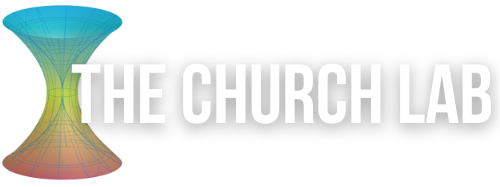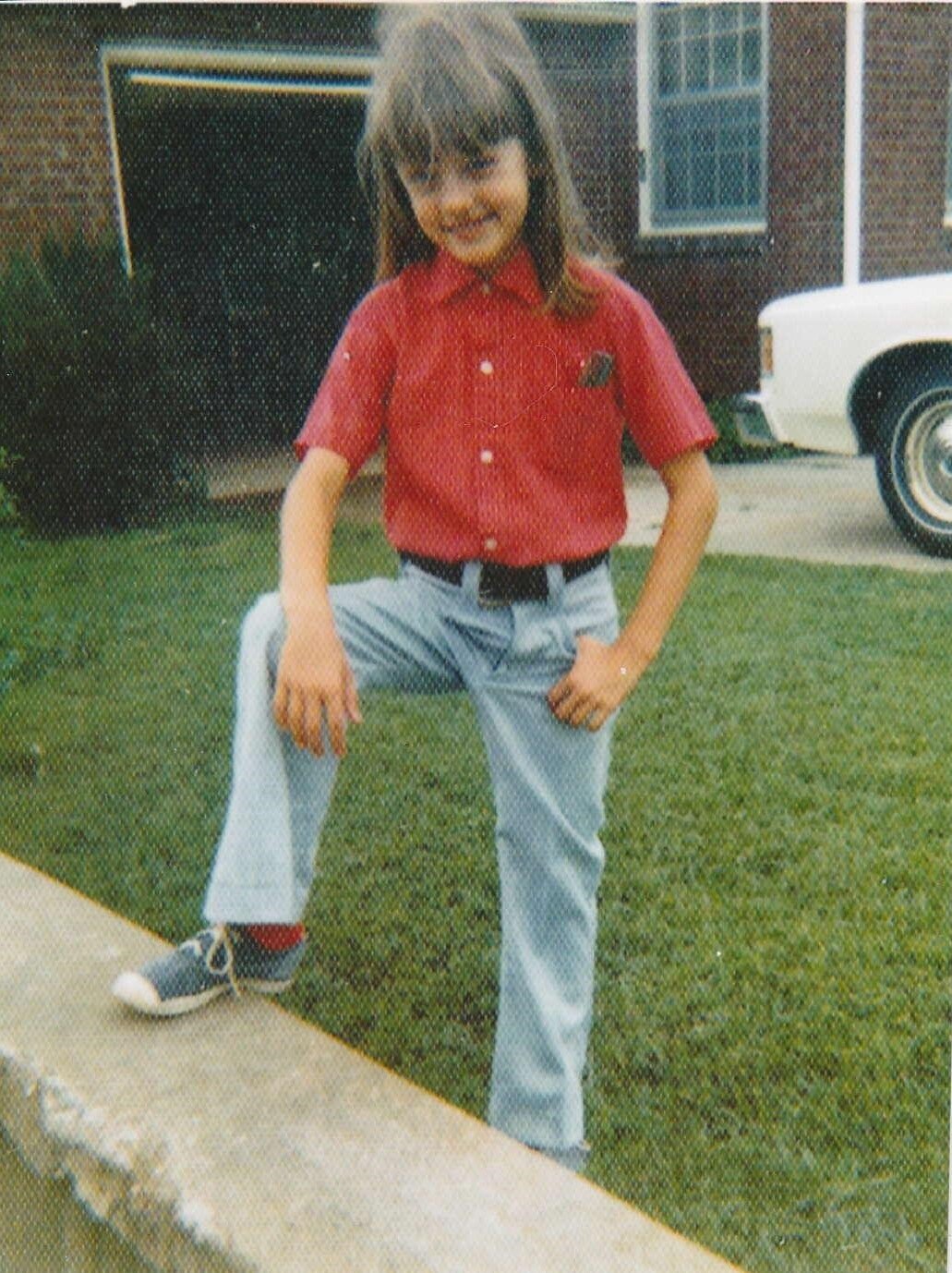Dear Church Lab community,
No doubt many of you have read and listened to numerous statements by organizations and leaders in response to the tragic, unacceptable events of January 6, 2021. Here is a TCL angle, offered up to you in the aftermath.
Most importantly, my prayers lift up the 5 who perished, with countless others who were injured in body, mind, or spirit. It is too often in our American history that blood is shed past the point when change should justifiably have occurred. Sometimes that bloodshed still does not yield the overdue change. May this event honor those who were lost by serving as a turning point in our country. May we count ourselves among those both able and responsible for making change that would better unify, preserve democracy and refrain from resorting to violence.
May TCL lift up the physical and mental health of all involved with this terrible event.
As I think of Americans committing un-American acts, who can help but reflect on the path that led them to that moment? What is it that has been informing, building and eventually snowballing their beliefs into actions, which they perceive to be courageous behavior seeking to rescue democracy, rather than threaten it?
As a Christian, I am challenged deeply - in a gut wrenching way- in this moment to think of the way Jesus defines who our neighbor is, and to remember my faith commits me to love my neighbor, even when they may seem to be an enemy as well. May God help me in this effort, understanding loving postures can go hand-in-hand with principled actions.
As I watch my social media feeds from various circles, I see narratives to the left and to the right solidifying yet further. Certainly an act of insurrection does not surprise when its after effects include trenches being dug deeper. It is a wake up call, yes, but in many or most cases, it yields the type of wake up call you were already headed toward in the weeks and months prior.
As such, the dangers of our internal divisions grow still.
Yet as a dialogue facilitator, I feel a sense of refuge in our community.
I do not feel refuge because of like-mindedness.
I do not feel refuge because the work we do as a community is inherently safe or easy.
I feel refuge in that being part of our diverse community, in every clumsy and ongoing attempt to understand that which is different than us, this is where I believe solutions exist. Such a place feels hard to come by these days, and what a gift it is to even know of such an environment, where hope can be harnessed toward even an increasingly unified sense of what it means to be American.
They are slow-going solutions, as there are no shortcuts. But they are transformative ones.
The tools we use and hone together in dialogue are difficult, but we see again and again that they create space for peace and understanding which we did not recognize there was even space for previously. I know that is true in my experience, getting to spend time with the caliber of people who keep coming back for more dialogue, for more peacemaking, for more bridge building, even as the noise increases, even as the lines of divisions deepen into chasms.
Whether we build the bridge over a babbling brook or a canyon, our work is not deterred.
It is the same skill set, which grows stronger with every conversation, with every new step we take together, with every trickling effect it has on our daily lives.
It is you whose hearts and minds and behaviors I lift up when we see flashbangs go up in a sacred institution. It is your determinedly-loving community I am thankful for when people are crying out with convictions many of us cannot understand, and which may seek to take direct aim at us, our friends, our dignity, our pursuits and progress toward equity. It is our humor, our joys and our tears I reflect upon with gratitude when I scour news sources for consistent information and come up short. (No doubt the scarcity of a more consistent public narrative is a central contributor to our chasms, particular around founts of conflict, such as what “truth” is or even could be.) It is our community that surfaces in my heart when I keep thinking, "Where do we even begin?" To then remember we already have begun, and we have begun this work together, and that the lessons from our work can be shared with others who wish to start somewhere...wow. I am grateful for the work that you do, that we engage together.
What is TCL's recommendation for you in a moment of violence against democracy, which cannot be justified?
Listen as far as you can.
Like a deep, hurt-so-good sort of stretch you do each morning when you rise, finding you can touch your knees and eventually your toes, please challenge yourself to listen until you reach your personal limit. Move your capacity for listening -seeking to understand before being understood- forward just a milimeter forward each day or week or month.
You may not be in a position to understand anyone and everyone, and those limits very well may signify important and integrity-laden boundaries for you. Yet if we each build our capacity in this direction, we solidify well-laid hopes in peacemaking over time and across a spectrum of paradigms and convictions that will, one day with this hard work in tow, melt into a more singular sense of "American" again one day.
Building our capacity for listening is not the same as condoning.
When listening leads to deeper understanding, paired with our peacemaking work, it has the power to weave both compassion and accountability into a nation wounded by her own hands.
Both compassion and accountability are best informed by seeking to understand the fount, the why, the how, the what that defines who we decide to be.
Listening paves a path for healing, even excruciatingly painful healing we may not initially see as possible.
Our work continues, my dear friends.
I'm so glad to be alongside you for this worthy, unending pursuit.
-Rev. Carrie Graham of The Church Lab











